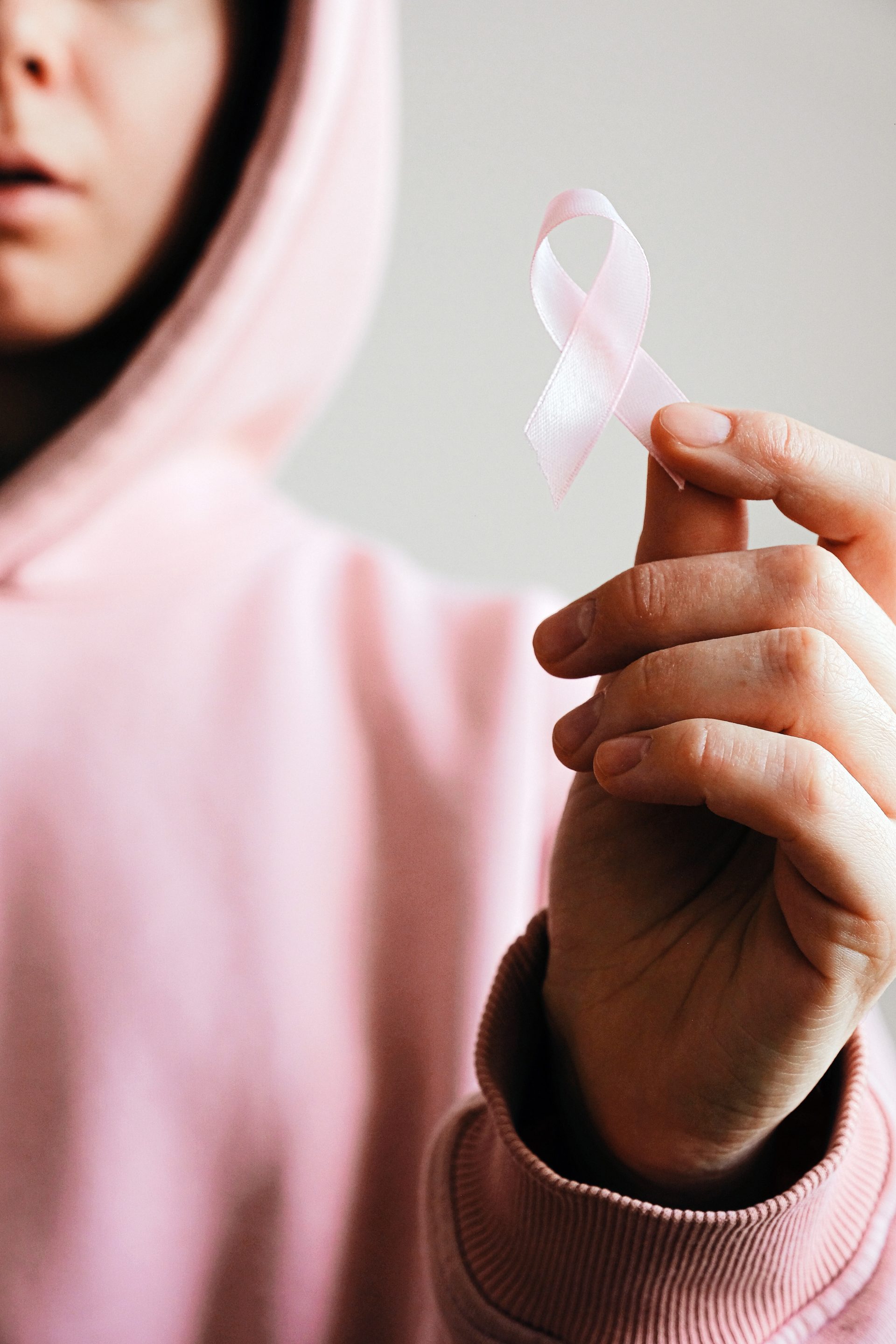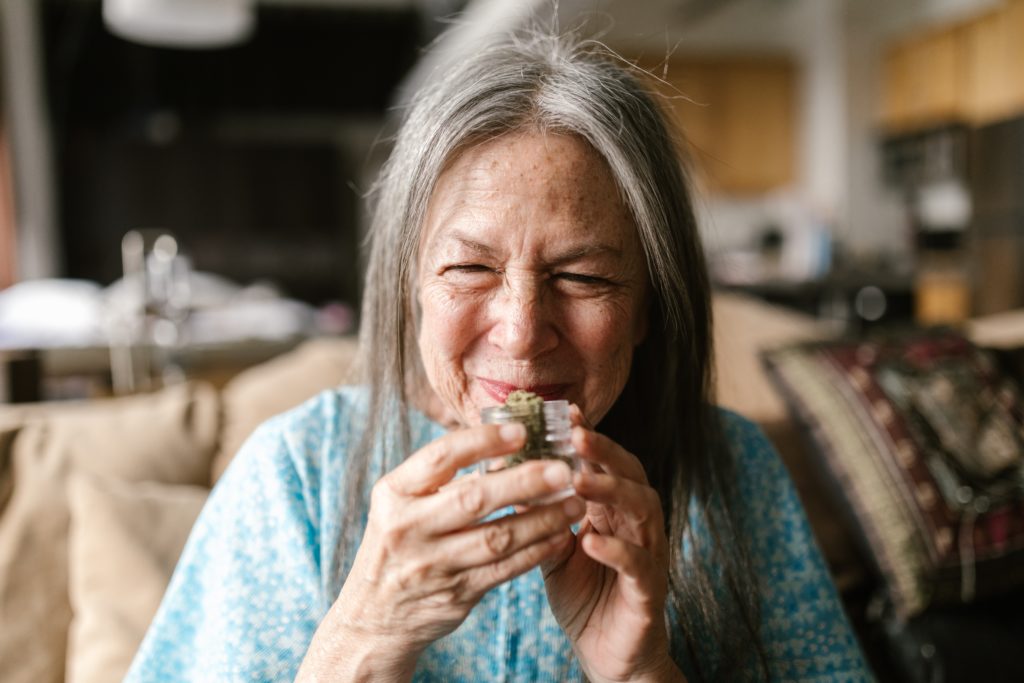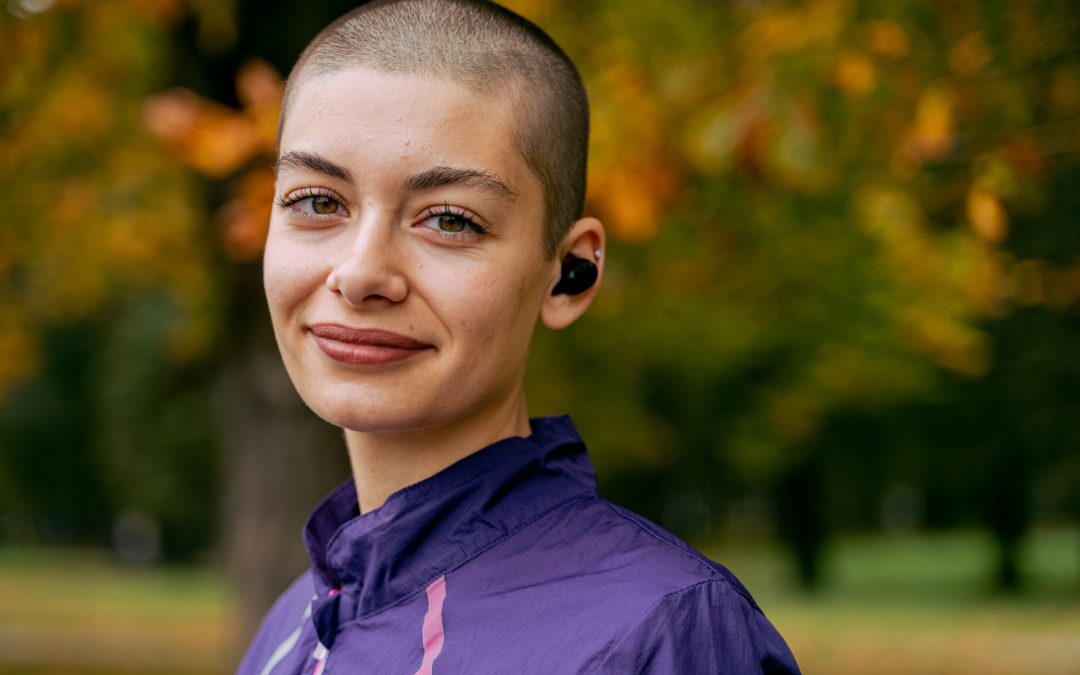Getting a cancer diagnosis can be life-changing. Patients that have had cancer admit the entire process can be dizzying. Adding uncertainty to so many things. One common question is the relationship between CBD oil and Cancer.
One of the priorities on a long list of important items is treatment options. What we know is that doctors will give expert treatment recommendations and you have the option to choose what is right for you and your body. One of the newest treatments that pair well with other cancer treatments is CBD oil.
If you have previously heard about this powerful oil, it’s probably because it has been shown to help many patients with so various cancer related ailments. But that’s not the only thing CBD oil can help with…
Let’s discuss CBD oil further!

CBD Oil and Cancer: Is CBD an effective Cancer treatment?
First, if you asked before 2018 about CBD oil as a potential treatment for cancer, you may have gotten a quick eye roll from your doctor. That’s not because the research wasn’t available. It was because there is a lot of confusion around whether CBD was considered to be a controlled substance.
This confusion was cleared up in 2018. When the Federal Controlled Substance Act (CSA) clarified that CBD was never a controlled substance (if CBD is derived from a “lawful source”).
This was great news for cancer patients and CBD related products because the clarification from the CSA helped launched many new CBD products. Further creating more opportunities to aid cancer patients.
Even though CBD is not longer considered a controlled substance, the FDA notes that the available (FDA approved) CBD products should be used in addition to chemo and radiation and not as the only cancer treatment.
CBD Oil History
Firstly, according to the National Center for Biotechnology Information, the use of cannabinoids, containing plant extracts as herbal medicine, can be traced back to as early as 500 BC.
CBD oil is the solution of a solvent extract from Cannabis flowers and/or leaves and then further dissolved in edible oil. Typically this oil contains 1%–5% CBD. Consumers usually absorb CBD oil via a dropper or via vaporizers, containing 5mg per drop. The best CBD oils come with a graduated dropper to help you accurately measure your intake.
There are three types of CBD: full-spectrum, broad-spectrum, and CBD isolate. Full-spectrum oils have all the natural compounds found in the cannabis plant, with small amounts of THC. Broad-spectrum and CBD isolate products are both THC-free.
In addition, regardless of how you consume CBD oil, it’s hard (if not impossible) to fatally overdose on CBD.
How does CBD Oil work in the body?
CBD is thought to target cannabinoid receptors (CB1 and CB2) that are found mostly in the brain. The CB1 and CB2 receptors make up the key component of the endocannabinoid signaling system. To sum it up, this signaling system is believed to help regulate cognition, sleep, pain, and mood.
More research will show if CBD oil is a cure and not just a treatment for cancer.
CBD Oil + Chemotherapy
Current research shows, CBD oil can help reduce symptoms related to chemotherapy such as nausea, vomiting, pain, anxiety, depression, lack of sleep, and loss of appetite.
Nausea and Vomiting:
The most common side effect reported with chemo is nausea and vomiting. Currently, two cannabinoids are available by prescription, managing nausea and vomiting associated. These FDA-approved treatments are Marinol and Cesamet. These treatments are prescription-based only and not over the counter.
In short, research also shows CBD may help reduce the growth rate and size of tumors and inflammation caused by cancer. This oil has the capability to enhance the body’s response to cytotoxic drugs (drugs that kill cells, including cancer cells) like chemo.
Pain Management
CBD Oil can also be used for cancer-related pain management. This treatment works by impacting the endocannabinoid receptor activity – reducing inflammation, and interacting with neurotransmitters associated with pain.
Preliminary studies show that CBD can be an effective treatment for those who are suffering from multiple sclerosis and arthritis.
Anxiety & Depression:
It’s widely reported that cancer patients suffer from increased anxiety and depression post-diagnosis. Research states that CBD can reduce stress by regulating the production of cortisol. This hormone helps the body deal with stress.
CBD can also positively affect the brain’s receptors for serotonin. This neurotransmitter helps to regulate mood and social behavior.
Lack of Sleep:
Getting a good night’s sleep is so important even for cancer patients. Studies have shown that CBD oil can help patients sleep better. This research shows inconclusive if this is an effect of the other benefits of CBD. For pain and anxiety relief.
Not everyone has the same sleep benefits as CBD. Low doses might potentially cause stimulation in some users.
Loss of Appetite:
You may have heard that Marijuana gives you the munchies. You can thank, the cannabinoid, THC for that bodily reaction. As CBD itself does not cause the munchies or a “high”. This reaction might be a result of other benefits of CBD. It reduces nausea (and vomiting) and calms your digestive tract. Subsequently, causing you to eat more.
The effects of CBD, on serotonin receptors, can also help improve the positive association you mentally get with food.

CBD Oil + Tumors
There’s promising research that CBD reduces the size of tumors, the growth rate, and any inflammation caused by cancer.
Most importantly, CBD can reduce tumors by enhancing the body’s response to cytotoxic drugs (drugs that kill cells, including cancer cells) like chemo. And CBD has been shown to prevent the spread of breast, prostate, brain, colon, and lung cancer, in animals.
Regulation
Currently, the FDA does not regulate the safety and purity of dietary supplements. Consequently, there is a possibility you won’t know for sure that the product you buy has active ingredients at the dose listed on the label. Consumers should look for third-party testing and specific certifications.
The Bottom Line:
Finally, we recommend consulting your health care team if you are considering the use of CBD oil as part of your cancer treatment.
Furthermore, CBD oil has enormous potential as a cancer treatment and maybe even a cure. We are encouraged by the research that is being released to date.
Best of all, we have the tinctures you need to help treat a variety of issues. Check them out here!




